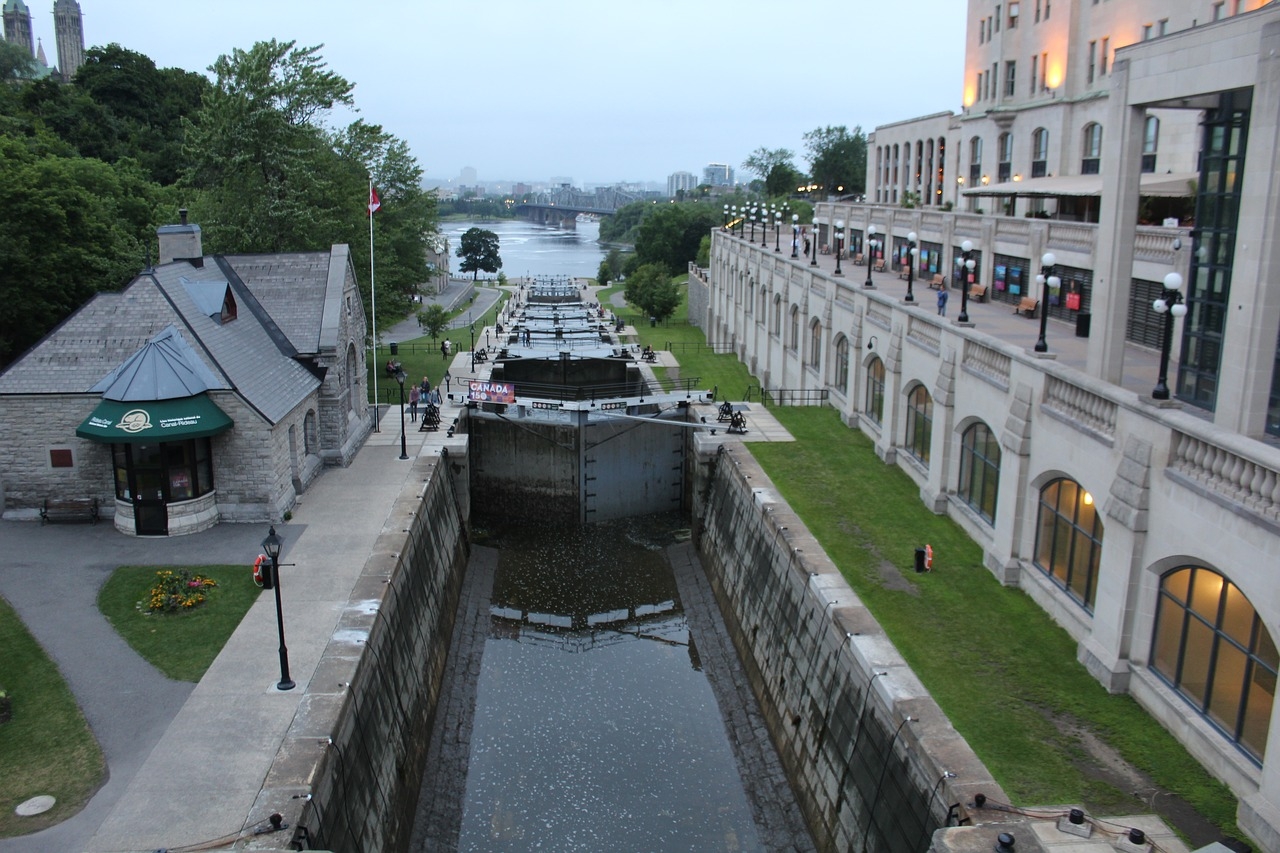
Why isn’t Canada’s capital city also the richest?
It may not always be the case, but very often it is true that a country’s capital is where most of the wealth is generated and held. A prime example would be London, which leaves all of the country’s other cities in its wake. For example, in 2018, the average income in the capital was £797 per week compared with £527 per week in the second city, Birmingham. Similarly, the average house price in London is over £671,000 while in Birmingham it is £215,594.
So logically, you might expect that, as the seat of government for the country, Ottawa would also lead the way. But this is very definitely not the case in Canada, and there are a number of reasons for this.
For a start, it only has the sixth-highest median income out of all of Canada’s major metropolitan areas which, at around $82,000 per year, is considerably below the leader, Calgary, at almost $100,000, and runner-up Edmonton at almost $94,500. Being leading centers for the country’s oil and gas industries generates such high incomes for the pair.
Ottawa, on the other hand, is a place where much of the population is involved in state and government business, which tends to mean lower salaries. Similarly, many people are employed in the health sector in the region, which pays a relatively modest salary for the majority of employees.
However, there is also a rapidly emerging high-tech sector that has earned the region the nickname "Silicon Valley of the North". Many of these companies, in turn, support other fast-growing businesses, such as those within the entertainment and online casino sectors. With Canadians currently being encouraged to sample the online casino experience via incentives like the Grand Mondial casino bonus, this could spell good news for Ottawa too. This is because online casinos like Grand Mondial rely on constantly improving the player experience through high-tech solutions. This, in turn, may well attract high-earning tech professionals to the region whose expertise is needed to develop those solutions.
This might even help to even up another figure in which Ottawa falls behind the rest of the country — the proportion of the population who are millionaires. Once, it was Vancouver that led the way but, more recently, Calgary, Victoria and Toronto have all caught up. This has been largely thanks to increases in real estate values with both Toronto and Victoria both seeing rises of around 20% between 2016 and 2017.
This trend of increasing millionaire numbers in Canada also seems destined to continue following predictions by Credit Suisse in their 2018 Global Wealth Report. In it, they anticipated that the number of Canadian millionaires would rise from 1.3 million by 54% to create nearly 2 million in just five years. However, they didn’t specify how many of these were likely to be Ottawans. With more high-earning tech roles, Ottawa may be able to level the playing field here.
But, as any local will tell you, there’s more to life than money, and the fact that the city always rates so highly for quality of life in the annual Mercer report may be of more relevance. So, while it might be nice to be the richest, we’re wealthy in so many other ways too.
Photo: Pixabay









